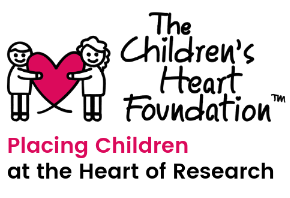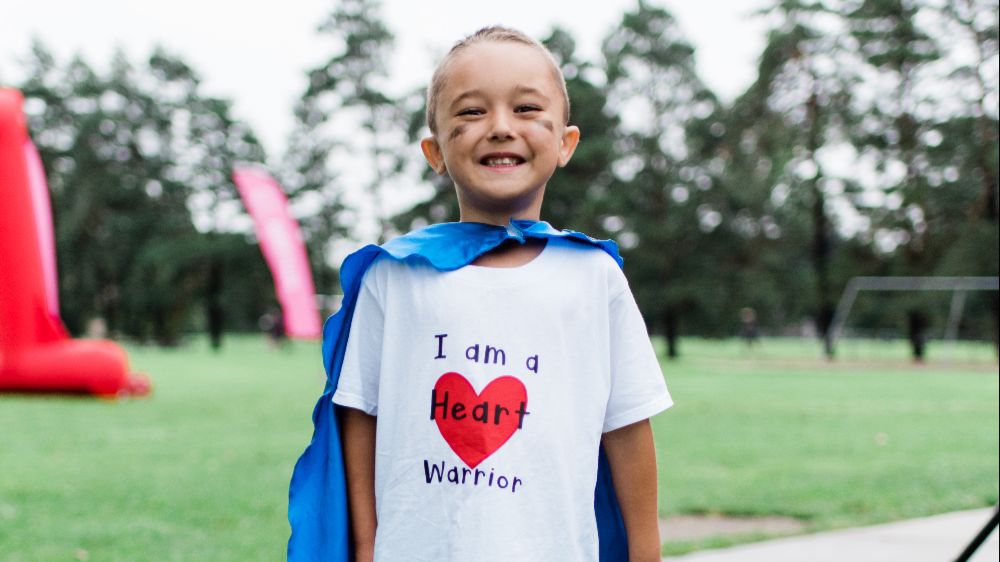
With the help of our generous supporters, The Children's Heart Foundation has funded nearly $20 million of CHD research and scientific collaborations.
View all of our funded research below. Use the search tool to filter by Doctor's Name, Project Name, Hospital/Institution, or Year funded.
Exploring information transport in structural networks as an MRI biomarker for altered brain organization in adult CHD
Ai Wern Chung, Ph.D
Boston Children’s Hospital
Massachusetts
2019
Collaboratively awarded through The Children's Heart Foundation and American Heart Association's Congenital Heart Defect Research Awards.
Summary: Dr. Chung’s study is an extension of the Boston Circulatory Arrest Study: Antecedents and Correlates of Well-Being in Adults with Congenital Heart Disease (BCAS). The participants in Dr. Chung’s study are a cohort of individuals with dextro-Transposition of the Great Arteries (d-TGA) who participated in the original BCAS study as newborns, and are now adults. Dr. Chung’s study uses a special kind of Magnetic Resonance Imaging (MRI), called diffusion MRI, to see non-invasively how the brain is 'wired'. This special MRI tool can help answer whether there is a connection between CHD, specifically d-TGA, and brain development which could lead to altered brain function. Using a complex mathematical model derived from network theory with diffusion MRI helps to build networks that are a representation of connections between different brain regions, much like highways. Individuals use these intricate highways to send messages across brain regions in order to perform everyday life activities, like brushing teeth, walking, or making decisions.
Dr. Chung explained her research by clarifying how the heart and brain are interconnected in d-TGA. In a d-TGA baby, the blood vessels from the heart to the brain and lungs are mixed up. As a result, the baby grows inside their mother with less oxygen nourishing their brain. Once the baby is born, surgery is performed early on to fix these blood vessels so the brain gets the normal amount of oxygen. Dr. Chung is examining how this decrease in brain oxygenation while in the womb effects brain network development and function. Especially interesting, is how this decrease in oxygen effects networks involved in an individual’s executive function (coping skills and the ability to deal with new situations), learning, social interactions, and well-being across the lifespan. Dr. Chung states, “We need to understand how these important brain networks are altered in adults with CHD to figure out better methods to improve long-term outcomes, both theirs and future survivors,” and encourages individuals with CHD to “stay inquisitive, stay curious, and stay active in your care.”



